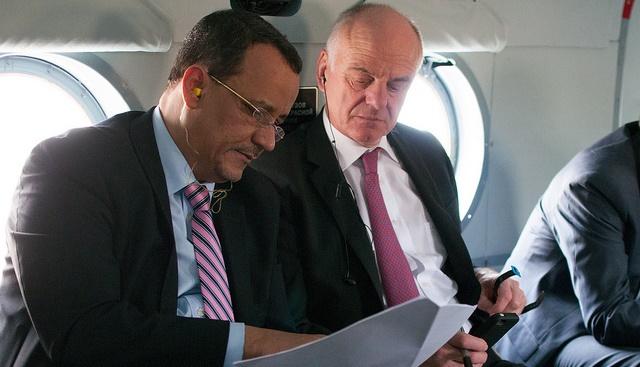Reports of Ebola infections in the three hard-hit nations continued to trickle in, as health officials gear up for the next phase of the response and the outbreak's impact reverberating outside of West Africa.
In addition, a hospitalized patient in California who had traveled to West Africa tested negative for the virus on initial tests.
The World Health Organization (WHO), in its latest update today, said 67 more confirmed, probable, or suspected cases have been reported in the outbreak countries since Jan 25, raising the overall total to 22,124. The three countries reported 34 more deaths, pushing the fatality count to 8,829.
Of the newly reported cases, 43 are in Sierra Leone, 21 in Liberia, and 3 in Guinea. Among the latest deaths, 17 occurred in Sierra Leone, 14 in Liberia, and 3 in Guinea. Today's data include cases reported from Guinea and Sierra Leone as of Jan 27 and Liberia as of Jan 26.
Outbreak response developments
In other outbreak region activities, Ismail Ould Cheikh Ahmed, leader of the United Nations Mission on Ebola Emergency Response (UNMEER), told an African Union stakeholders meeting in Addis Ababa, Ethiopia, on Jan 29 that the Ebola situation is still "perilous," because the disease is still present in 25 of 66 districts in the three countries.
UNMEER's update today described several efforts under way to fine-tune the response and support the next phase of recovery from the outbreak. Officials from the UN's Office for the Coordination of Humanitarian Affairs met with other UN partners in the region to assess possible interventions to ease the outbreak's impact on various sectors, and groups met in Liberia's Grand Cape Mount County to plan the implementation of the next tier of response steps, which include active case finding.
In its latest epidemiology update on Jan 28, the WHO said the next phase of the response will focus on finding every case and stopping all transmission chains. However, international discussions are also under way on the next strategies for helping affected nations recover from the crisis.
Meanwhile, Doctors without Borders (MSF) said yesterday that it has opened a specialized unit in Sierra Leone for treating pregnant women who have Ebola infections. The facility is located in Kissy, a suburb of Freetown, where the group has been running a treatment center since Jan 8.
MSF said little is known about Ebola and pregnancy and that it hopes the unit's launch will improve understanding of Ebola on the vulnerable group and how their care in Ebola settings can be improved.
Olivia Hill, MSF's medical coordinator in Freetown, said in the statement that a key focus will be on minimizing bleeding during labor and after delivery to decrease women's risk of hemorrhage. "The mother's chances of survival are relatively low, but the prognosis for the fetus is much worse," she added.
An eye on long-term recovery
David Nabarro, MD, the UN's special Ebola representative, on the sidelines of the African Union stakeholders meeting yesterday told Reuters that plans are coming together for a meeting on March 3 in Brussels to look more closely at the reconstruction needs. He said organizers will likely include the affected countries, the UN, the African Union, and the European Union.
Nabarro said by that time officials will have a better idea of what the countries need, according to Reuters. He said the UN has $500 million of the $1.5 billion it needs to address the outbreak in 2015, but more funding will be needed for the reconstruction phase of the response.
Initial tests negative on hospitalized California patient
In other developments, a California patient who had viral illness symptoms after travel to West Africa and was taken by ambulance yesterday to the University of California (UC) Davis Medical Center has tested negative for the virus, the California Department of Public Health (CDPH) said today in a statement.
The CDPH said the test conducted by the Sacramento Public Health Laboratory came back negative last night.
J. Douglas Kirk, MD, chief medical officer at UC Davis Medical Center, said in the statement, "The patient remains in good condition and we will continue to provide ongoing medical care."
The hospital said in press release yesterday that the patient had been seen at Mercy General Hospital in Sacramento before being transferred to its facility. UC Davis Medical Center had been identified as a priority hospital by the CDPH for treating Ebola patients.
US Centers for Disease Control and Prevention (CDC) guidance says a negative test from a specimen collected less than 72 hours after symptom onset doesn't necessarily rule out Ebola infection, and testing should be repeated if the patient still has symptoms after 72 hours.
See also:
Jan 30 WHO update
Jan 30 UNMEER update
Jan 29 MSF press release
Jan 30 CDPH statement
Jan 29 UC Davis press release















